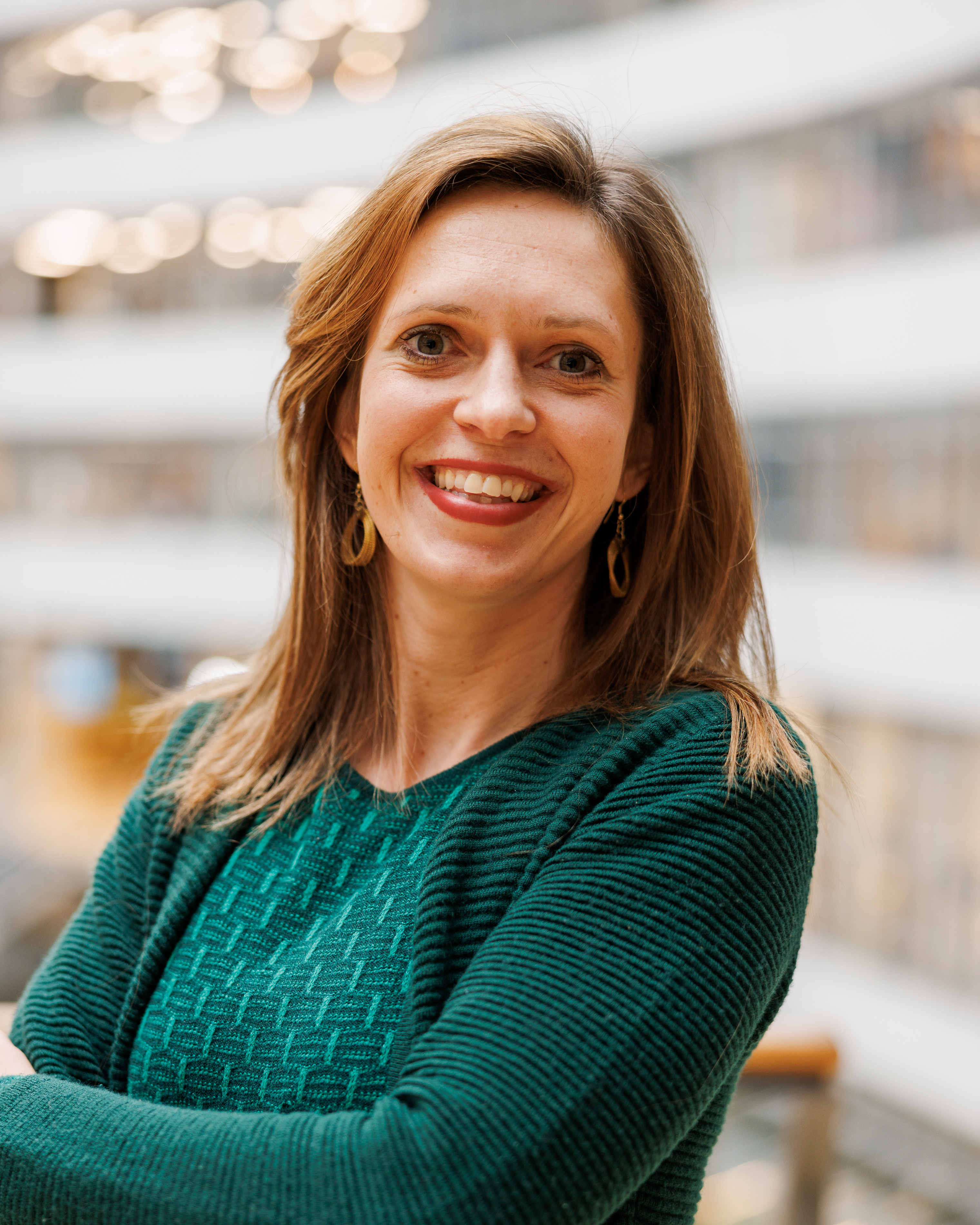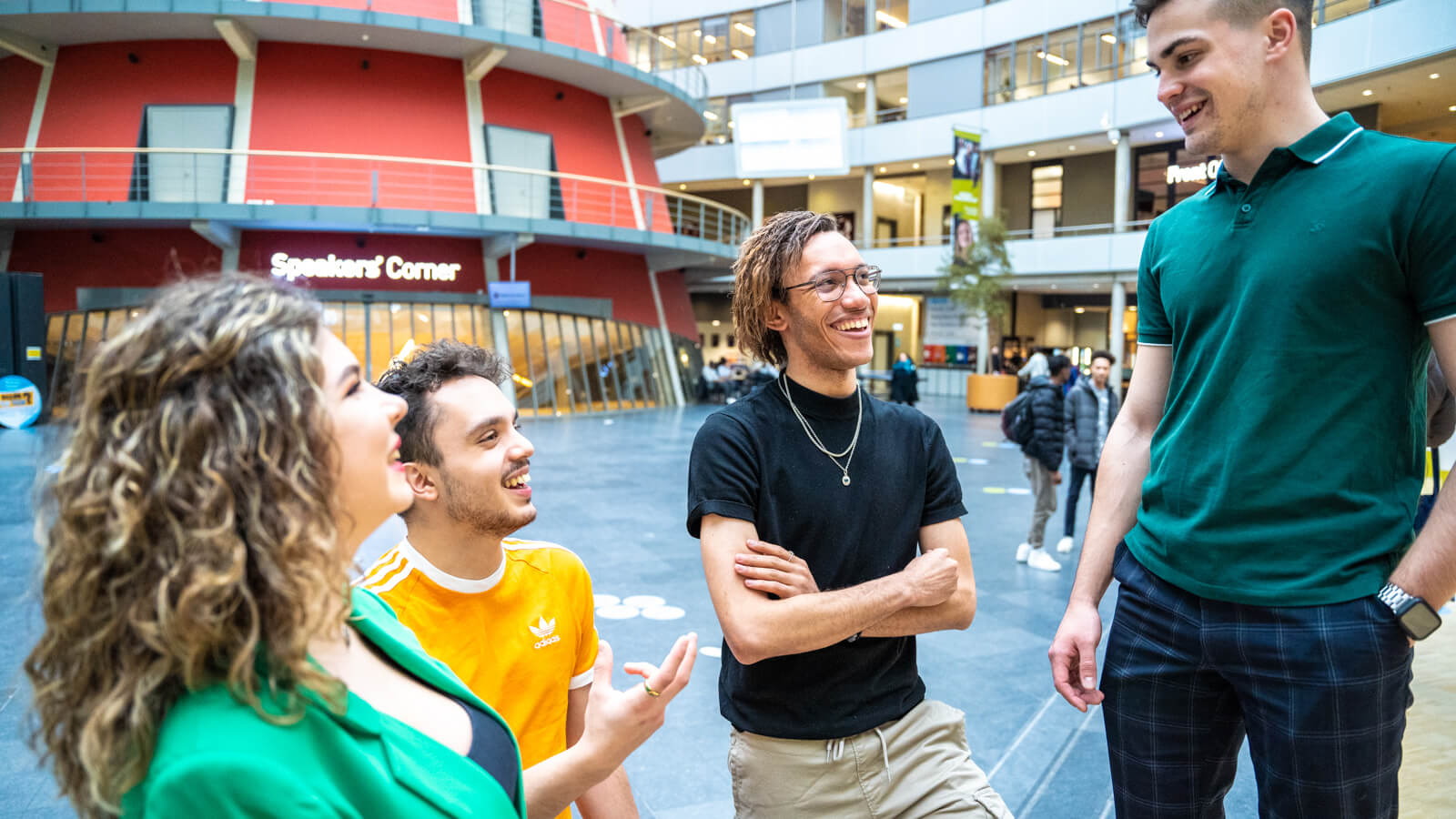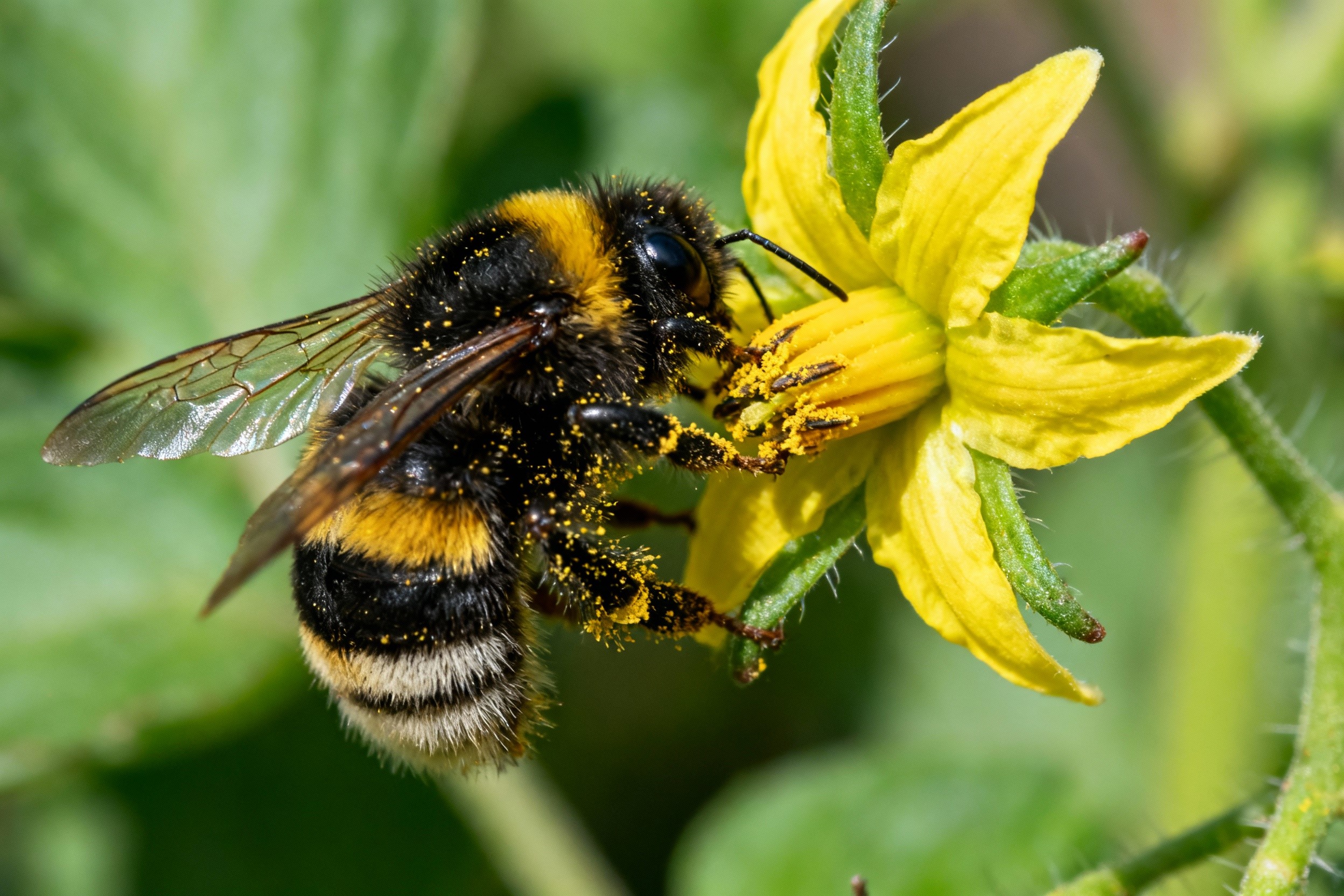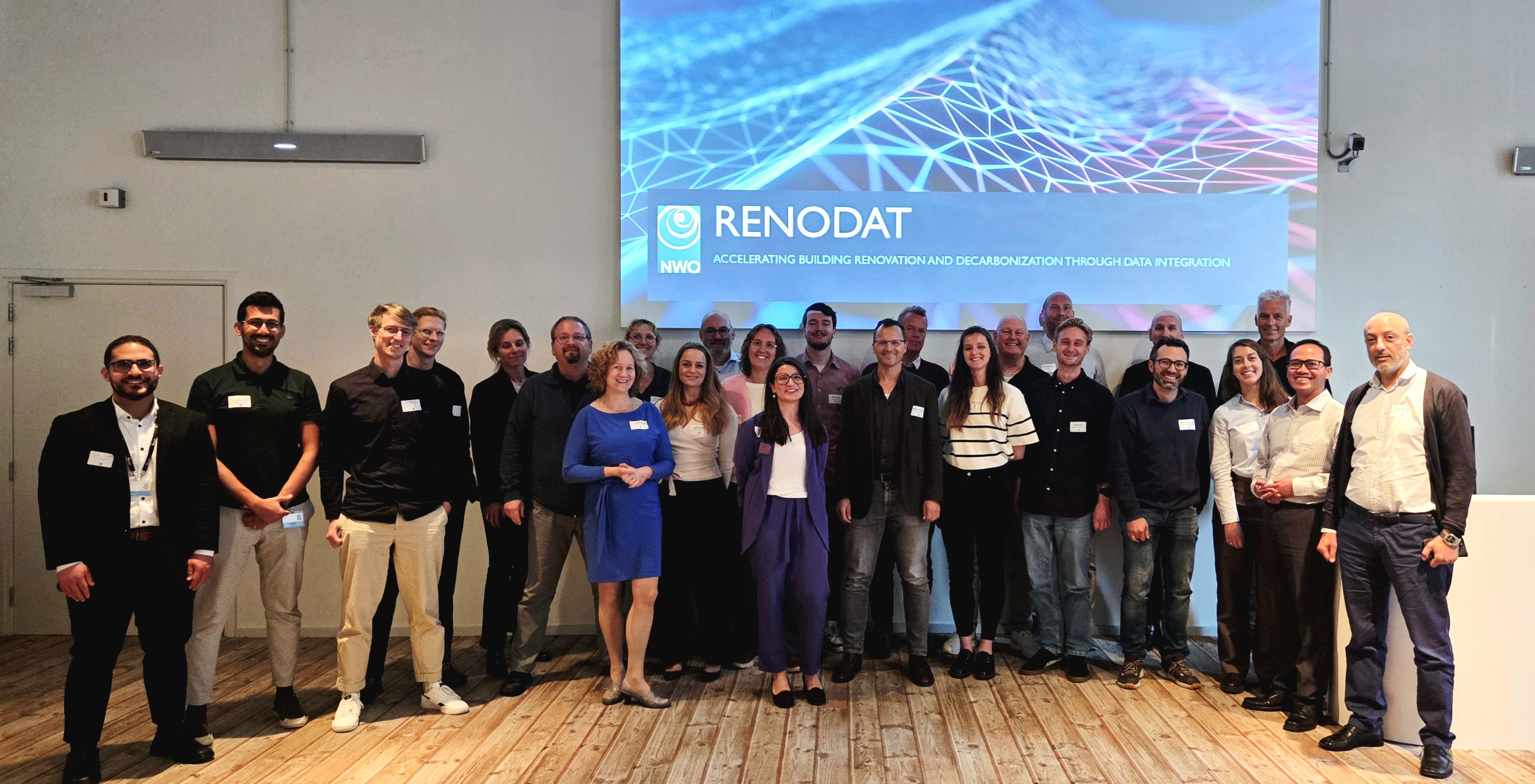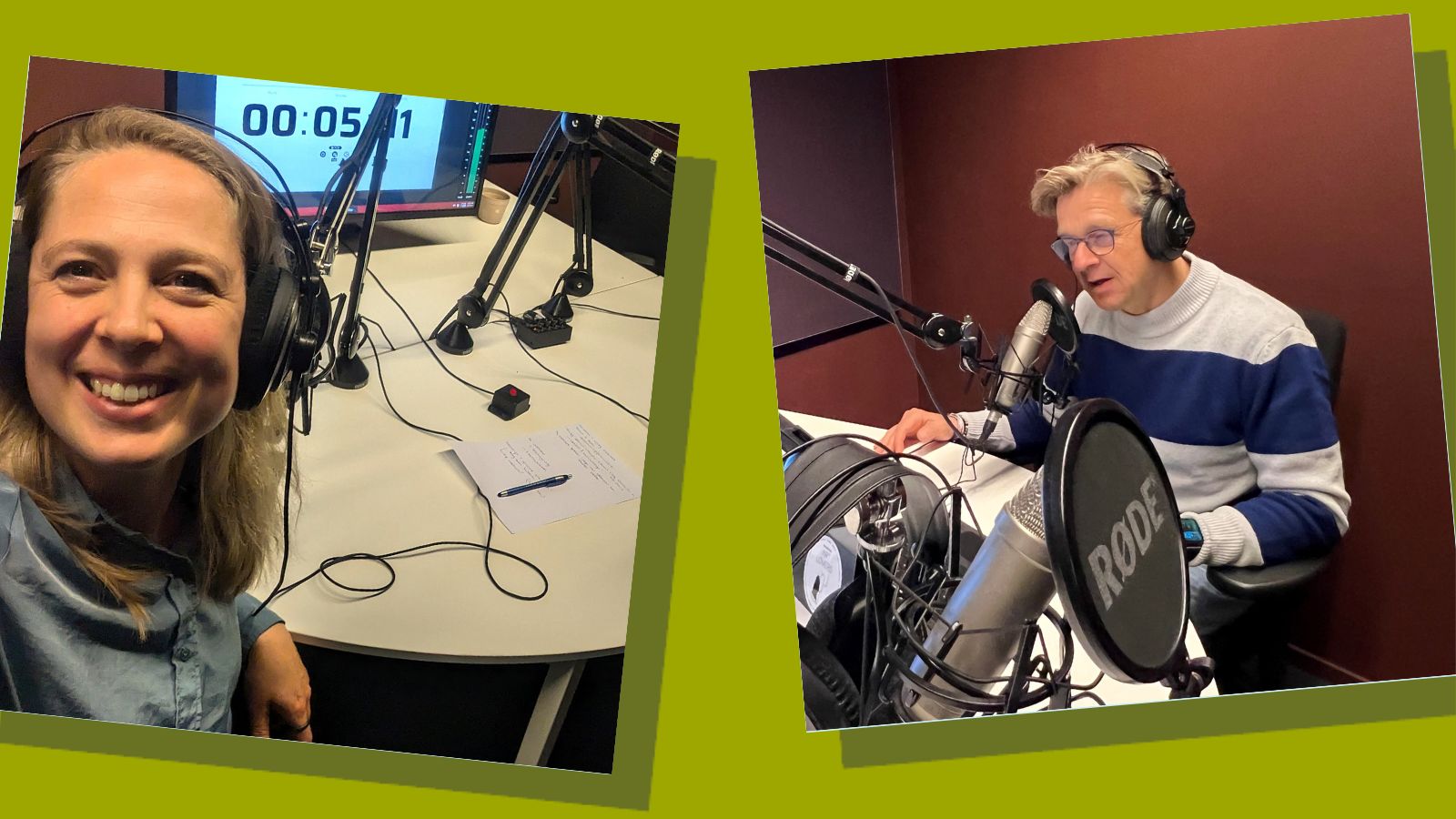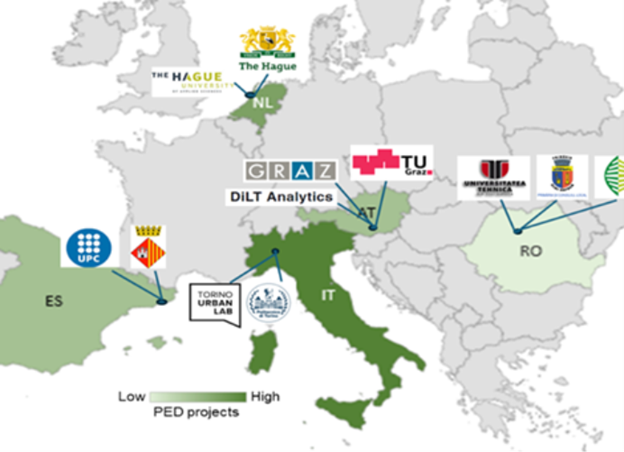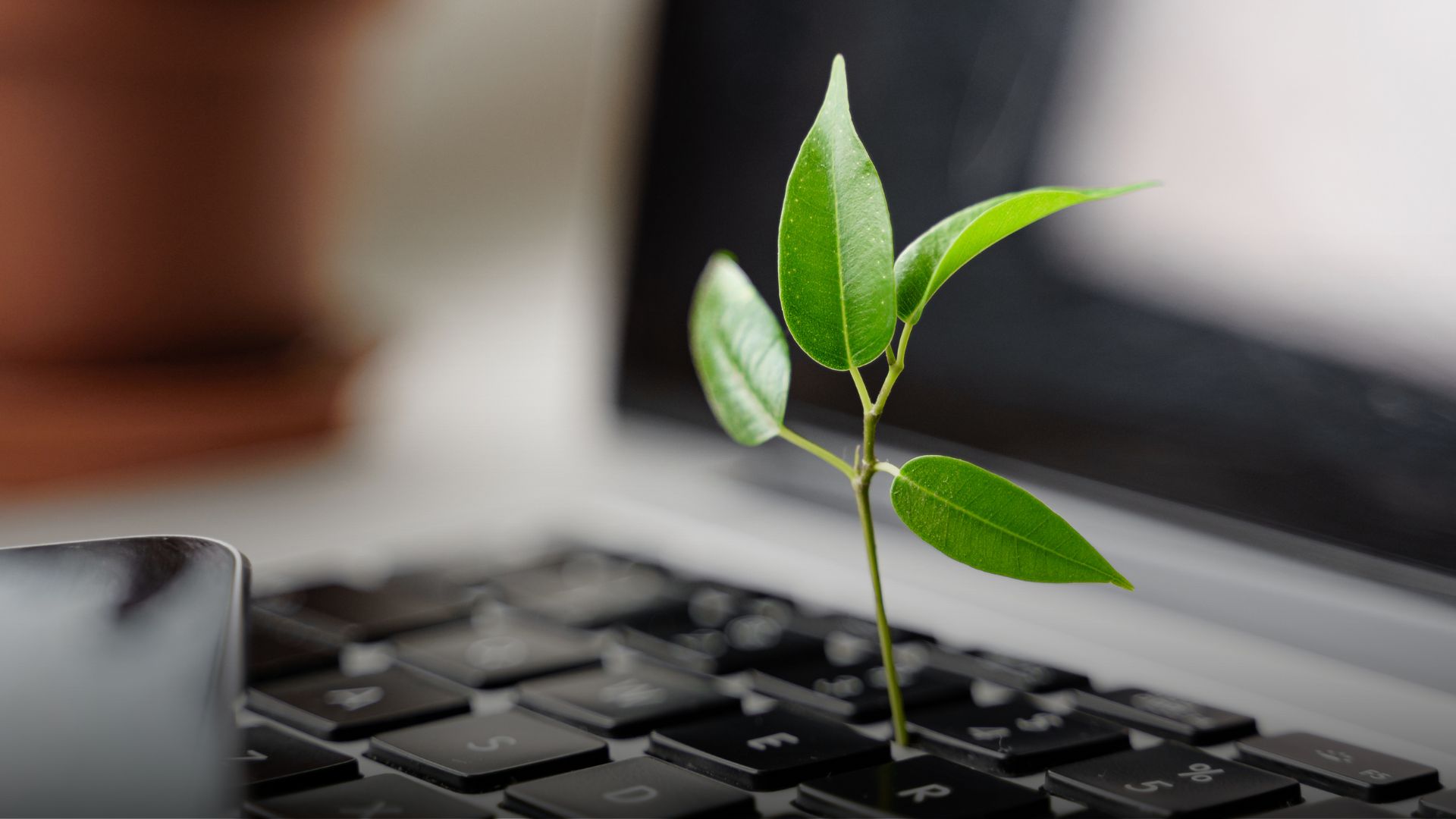Transitioning to a sustainable future
As an international knowledge institution with one of the most diverse student communities in the Netherlands, we feel a great responsibility to contribute to a sustainable, but also a just world.
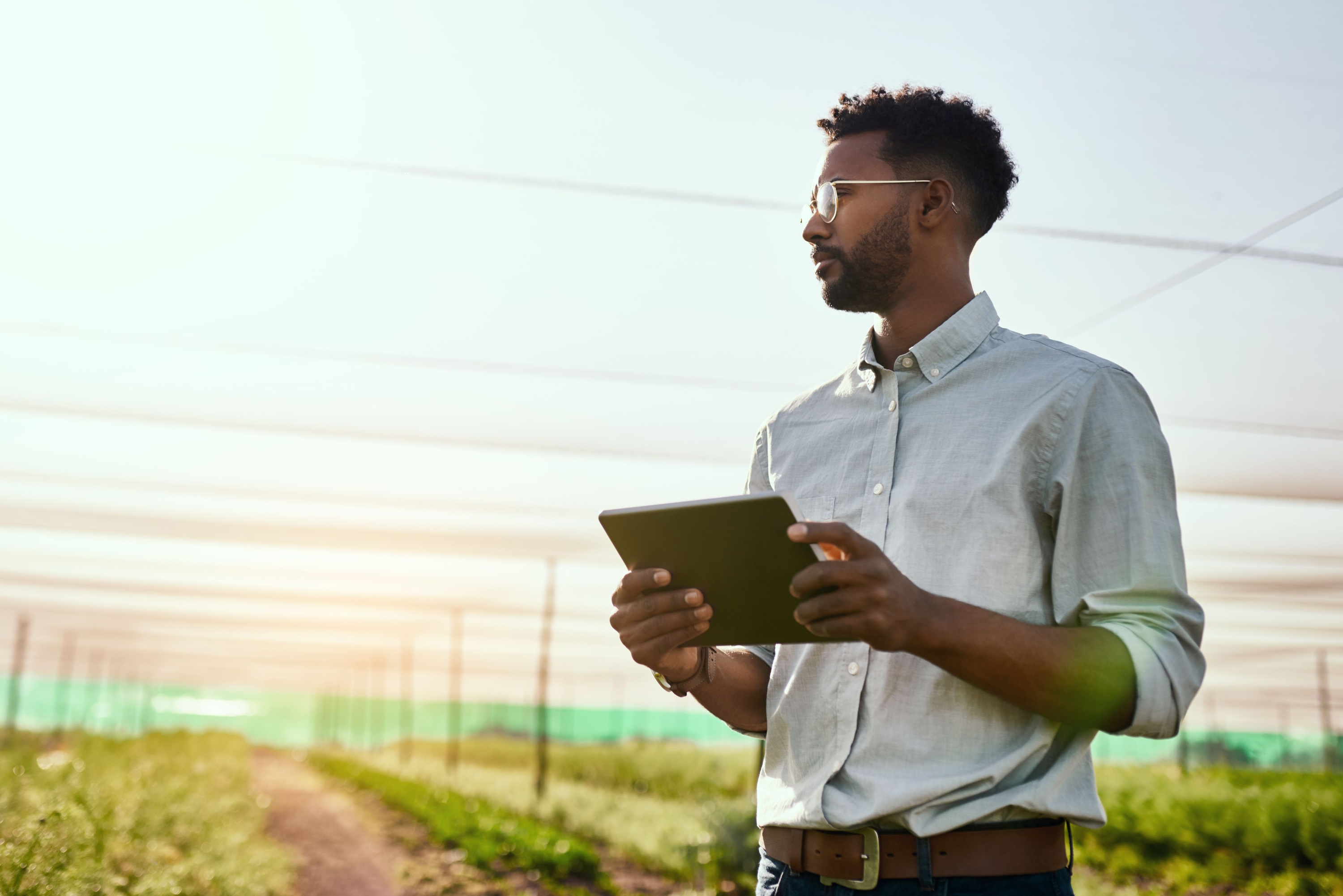
Introduction
A liveable and sustainable future for all. That does not seem too much to ask. Yet we see that the chances of that are getting smaller and smaller. As The Hague University of Applied Sciences, we want to work - through education and research and as an organisation - for a society in which the use of energy, raw materials and labour is balanced and in which benefits and burdens are fairly distributed. A transition to sustainability.
The Hague is a signatory to the SDG Charter. Inspired by the United Nations Sustainable Development Goals (SDGs), we want to contribute to a circular economy and a climate-neutral future; we want to produce transition makers who can contribute to this. Innovate, develop new perspectives and collaborate impactfully: these specific skills are what future generations need to tackle complex societal challenges.
As an international knowledge institution with one of the most diverse student communities in the Netherlands, we feel a great responsibility to contribute to a sustainable, but also a just world. In The Hague, the international city of Peace and Justice, we are also in a unique position to do so.
Our ambition
We want to be an active community committed to a sustainable and equitable future. We established this in our Strategic Plan 2023-2028. In it, we formulated, among other things, the ambition that sustainability and justice are an integral part of every curriculum; that sustainability and justice are substantial research themes at The Hague; and that we strive for zero waste and zero emissions for our organisation. Sustainability is steadily gaining a place in the DNA of our organisation. So that every choice made is a well-considered one, in which we ask ourselves what impact this has on the long-term viability of our planet. Students have an important role in this.
Sustainability in our education
In every educational programme we offer, we want the transition to sustainability to be a topic. We have also enshrined this in our Educational Vision. For our students, it means that we help them develop the knowledge and skills that will enable them to make a substantial contribution to this transition and to a just society. Our research project Regenerative Pedagogy focuses on the question of what the college-wide focus on sustainability means for the way we teach and what education will look like in the future.
Read more about the transition to sustainability in our education system
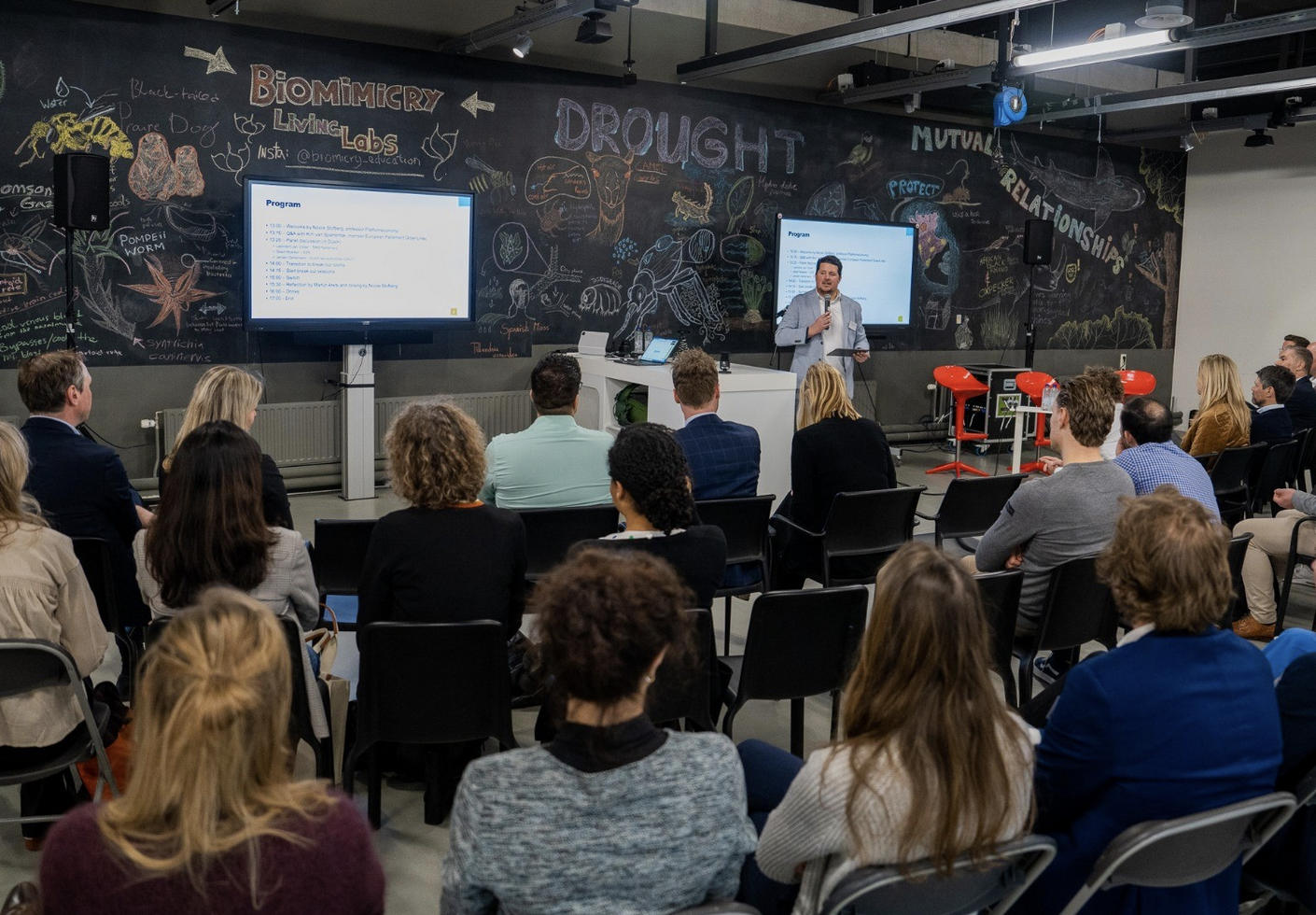
Sustainability in our research
Pursuant to the Institutional Plan 2023-2028, Transition to Sustainability is one of the three main themes in our Knowledge agenda, alongside Just Living Together and Digital Future. Where possible, we seek synergy between the themes. We make the transition together, with our students, our staff and our external partners.
Read more about the transition to sustainability in our research
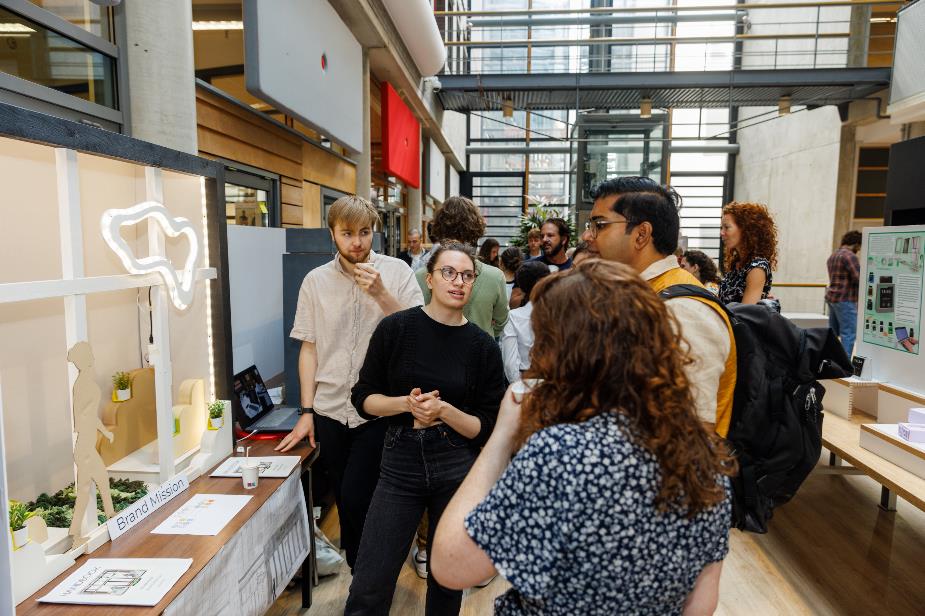
Sustainability in our organisation
As a key theme, we want to ensure sustainability in education and research, and in our buildings, in our operations and in our behaviour. In our Strategic Plan we have established sustainable and equitable operations as an ambition. We want to be a waste-free organisation by 2030; zero waste. By 2030, we also want to meet the requirements of Paris Proof, as jointly agreed for real estate sustainability. Using Paris Proof as a basis, we ultimately want to be an organisation with net emissions - a footprint - of 0 by 2040: zero emissions.
Read more about the transition to sustainability in our organisation
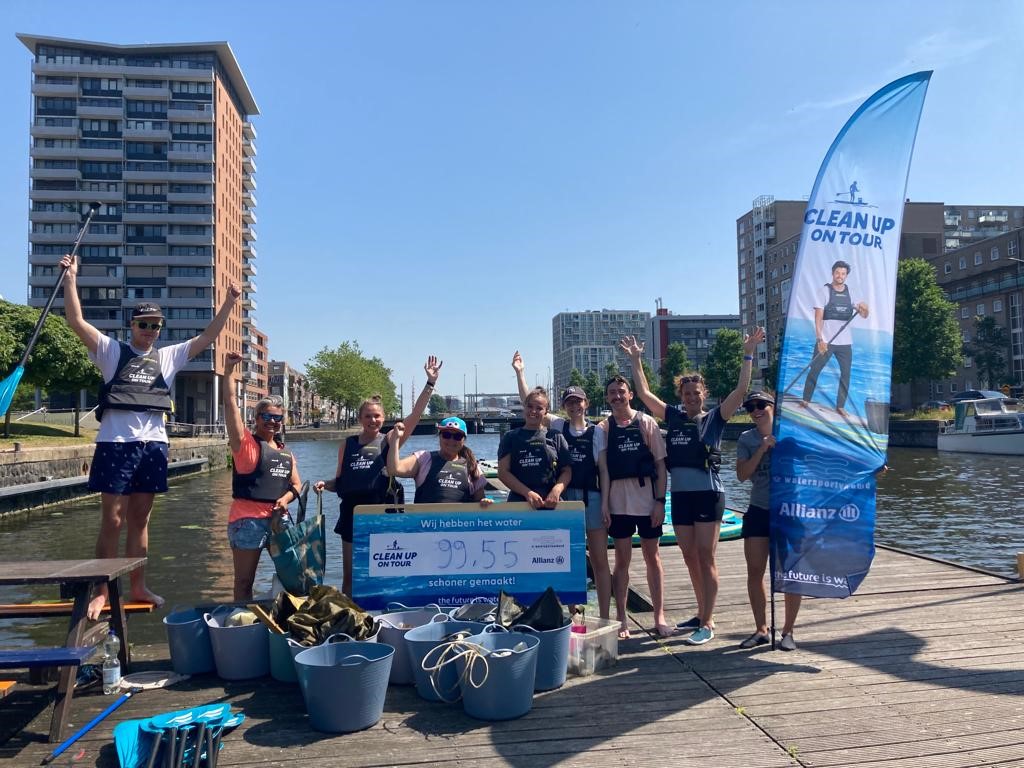
SustainaBul
As The Hague University of Applied Sciences, we actively participate in the SustainaBul ranking, an evaluation of sustainability efforts of universities of applied sciences by Students of Tomorrow. Learning points from the study we take to heart in sharpening our approach to sustainability. In 2025, De Haagse will host Groene Peper, the sustainability event for the education of the future, at which the new SustainaBul results will be announced.
Welcome to our Green Office!
Since 2024, The Hague has also officially had a Green Office, in which concrete activities are organised to raise student and staff awareness of sustainability, and encourage behavioural change. Read more about it on the Green Office page
As a student or employee, you can also think and work together in other ways on how sustainability has and keeps a place in education, research and the organisation of The Hague. You can do so by serving on one of our university's participation councils.
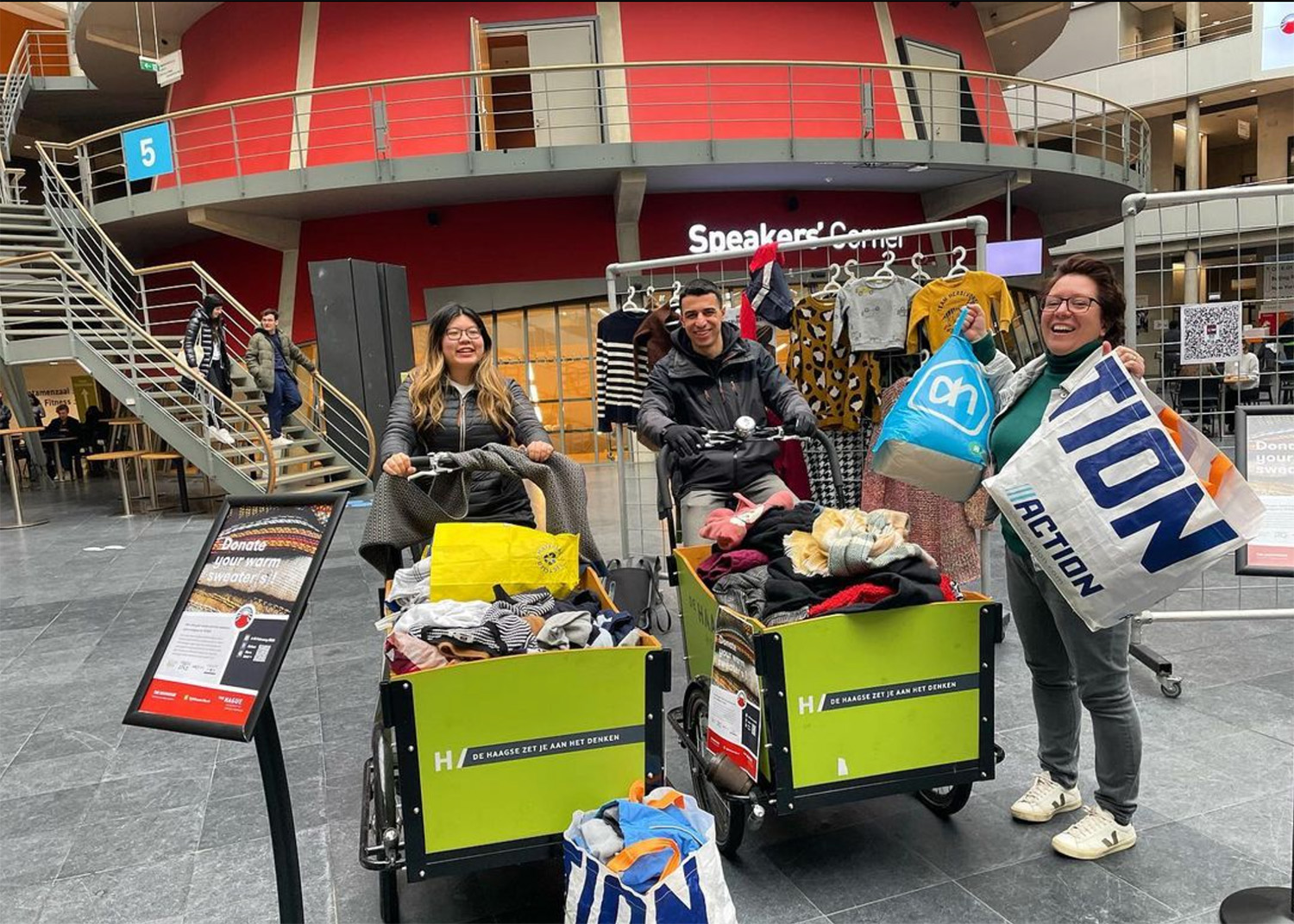
Sustainable collaboration
Sustainability is an important theme in our external cooperation. Cooperation with external parties preferably contributes to achieving the Sustainable Development Goals.
The Hague University of Applied Sciences does not realise its sustainability goals alone, but together with partners; regional, national and international. An example of such a partner is Greenport West-Holland. From the research group Healthy Lifestyle in a Stimulating Environment, students from various courses and researchers work on various projects around research questions such as: how can partners in the greenhouse horticulture chain make it easier to become more sustainable? What are future opportunities for greenhouse horticulture? And how can we best market sustainable products?
Food Boost Challenge
A big part of the collaboration is the Food Boost Challenge, an initiative focusing on healthier and sustainable food choices by young people, and on researching how the sustainability transition can lead to new business models. Students from The Hague can get involved within the challenge as researchers or as inspirers of other young people. Food Boost Challenge projects can be carried out as minors or final projects. Teachers will be relieved as much as possible of the burden of supervision by active guidance from the challenge team.
See also: Food Boost Challenge: healthy eating for and by young people
Read more about our ethical considerations in external cooperation and the role of sustainability: Ethical considerations when working with external partners
Contact
Want to know more about how THUAS is working towards a sustainable and equitable future? Contact Veronika Brantova,[email protected] . Veronika is our strategic advisor Sustainability and Equity, and Researcher Leadership of Regenerative Futures
